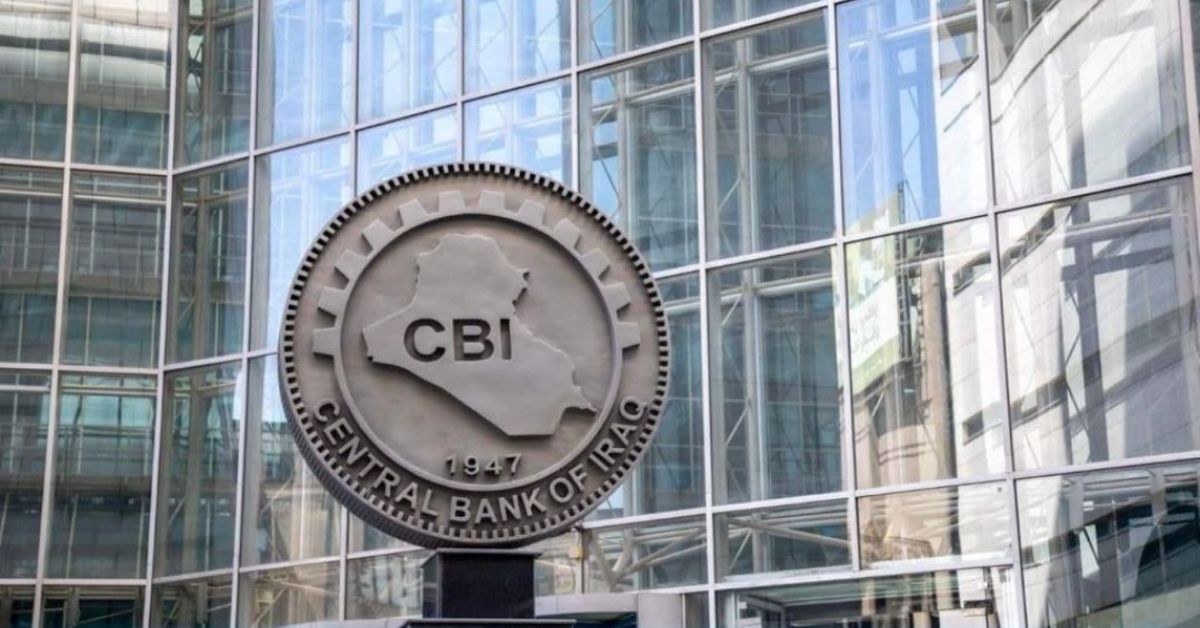BAGHDAD — The Central Bank of Iraq has introduced three distinct categories of exchange companies dedicated to selling dollars to travelers.
The move comes alongside the revelation of a new proposal concerning the import of goods via border crossings. Furthermore, the bank has hinted at forthcoming decisions next week, which are anticipated to play a pivotal role in reducing the dollar’s price.
Iraq’s Deputy Governor, Ammar Hamad Khalaf, said, “The central bank has allocated weekly quotas of dollars to exchange companies. This is specifically for selling to travelers at the official rate, with a cap of 3,000 dollars per individual.” Khalaf emphasized that these exchange entities operate under the Central Bank’s stringent regulations and are fully compliant with the Anti-Money Laundering Law.
Khalaf further explained the roles of the exchange companies, categorized as A, B, and mediation C. “Their primary responsibility is to supply dollars to travelers, strictly adhering to the official rate and quantity set by the Central Bank,” he said. He also highlighted the bank’s ongoing efforts since the start of the year to enhance an electronic platform. This platform, under the close watch of the Central Bank, facilitates all dollar sales to citizens.
“The Central Bank uses this platform to fund the market in dollars. It caters to various merchant categories, including small-scale merchants, and exclusively through exchange companies for travelers,” Khalaf added.
He also pointed out the distinct roles of banks and exchange companies. While banks like Mesopotamia and Al-Rasheed offer dollar sales via their airport outlets, exchange companies are solely focused on selling dollars to travelers.
In a significant move to regulate imports, Khalaf said, “The Central Bank has put forth a proposal to ports and customs. It mandates that for any goods entering Iraq, it must be verified that the merchant has financed these imports through the Central Bank of Iraq.” He concluded by assuring that the printing of the Iraqi currency would be carried out with utmost discretion and would not be arbitrary. (INA)








